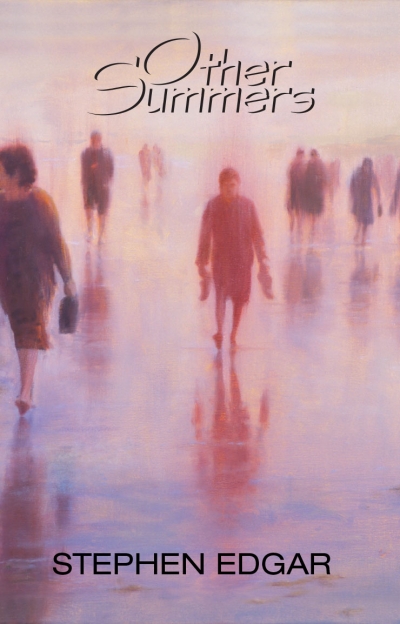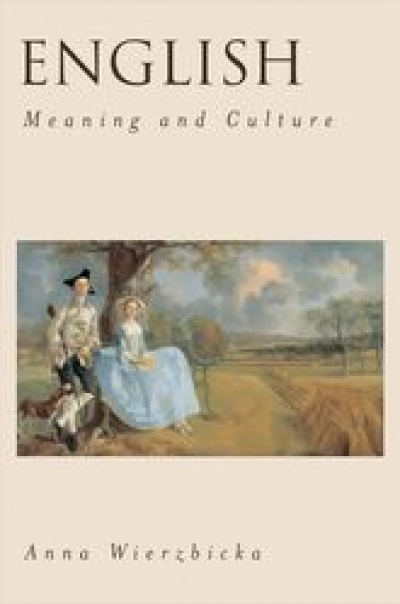Archive
Australia and the Middle East: A front-line relationship edited by Fethi Mansouri
Life After Death: The art of the obituary by Nigel Starck
One Split Second: The death of David Hookes and the trial of Zdravko Micevic by Michelle Schwarz
The Best Australian Stories 2006 edited by Robert Drewe
Humour sells, and it is no coincidence that the best-selling authors in children’s fiction know how to tell a funny story. It can be pure escapism of the silliest sort or the kind of humour that helps us to cope with life’s disappointments, hardships and embarrassments. Most childhoods contain plenty of all three and thus provide rich material for writers, and none has pushed the boundaries further than Morris Gleitzman. Walking a fine line between what is funny and what is painful, he has successfully employed humour to explore such subjects as euthanasia, homosexuality, cancer and birth control, and the result has been books that have made thousands of readers laugh and cry, sometimes simultaneously. But the proliferation of recent titles featuring worms, toads and nostrils as protagonists has left me unmoved, and I feel lukewarm at best about those children overboard, underground or hiding from Nazis. Often the humour has seemed forced and contrived.
... (read more)








